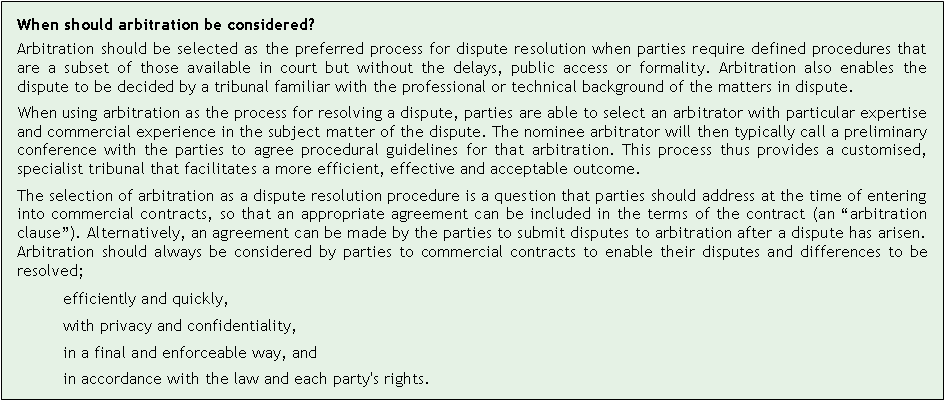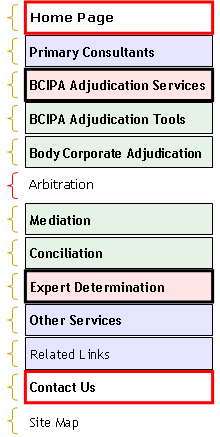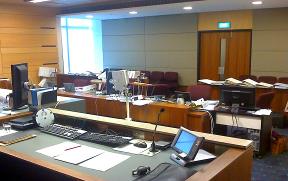
|
Commercial Arbitration Services |
|
What is arbitration? Arbitration is a formal dispute resolution process governed by the Commercial Arbitration Act 1990 (QLD), or some alternative legislative provisions, in which two or more parties refer their dispute to an independent third person (the arbitrator) for determination. Providing that the arbitration is conducted according to the principles of natural justice its procedures may be varied by the parties to suit the size and complexity of their dispute. A small case, for example, may be heard on the basis of documentary submissions alone. A complex case may benefit from a more judicial style of hearing in which formal claims and defences are lodged, evidence is put forward by each party and tested by cross-examination etc. The result of the arbitration, known as the Award, is enforceable in the same manner as a Court judgment. Commercial arbitration in Australia has become the preferred procedure for parties seeking a binding determination of their dispute and an alternative to Court based litigation. Under the direction of a qualified arbitrator, it is an expedient, private and efficient method of dispute resolution. |

|
For further information or confidential advice please contact our office:
(: (07) 3367 2708 F: (07) 3367 2569 M: 0400 005192 +: PO Box 552 Ashgrove Q 4060 E: enquiries@adrs.com.au
Thank you for your custom, we look forward to assisting you further. |






|
Arbitrators, Adjudicators, Conciliators, Mediators, Negotiators |
|
Alternative Dispute Resolution Services Pty Ltd |
